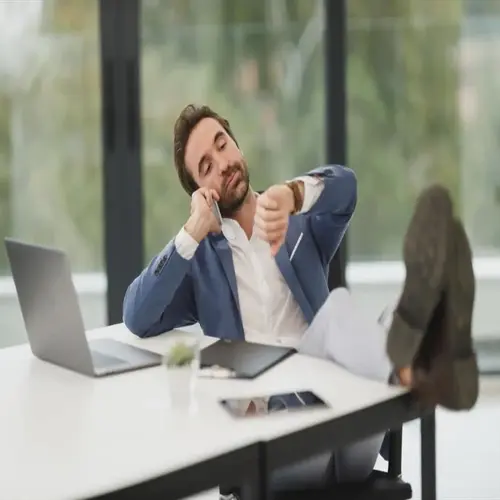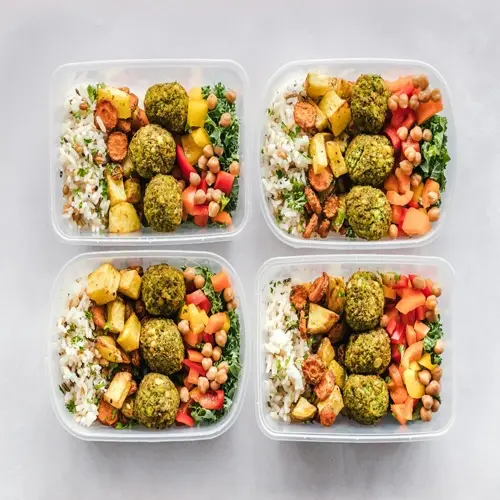Can alcohol help with insomnia?

Written by
Natalie Hamilton
Reviewed by
Prof. Graham Pierce, Ph.D.Alcohol gives the appearance of helping insomnia at first by speeding the onset of sleep. It does this by initially activating GABA, which sedates the brain quickly. This shortcut causes long-term disruptions in sleep architecture. Dependency is created on the initiation of sleep.
Sleep Initiation Aids
- Magnesium glycinate: reduces sleep latency by 40%
- Tart cherry juice: boosts natural melatonin production
- 4-7-8 breathing: calms nervous system in 5 minutes
Sleep Maintenance Strategies
- Temperature control: maintain 65°F (18°C) bedroom
- White noise machines: mask disruptive sounds
- Sleep restriction therapy: consolidates sleep cycles
Dependency risk increases with alcohol use in all cases. The brain adapts to having GABA stimulation. Natural regulatory functions for sleep are hindered. Soon, it takes alcohol before one can fall asleep. This is a vicious circle. Not using it brings rebound insomnia, and it's worse than before.
Sleep efficiency is significantly impaired by prior alcohol usage, and even if someone falls asleep quickly, they are waking more throughout the night. Total restful sleep time can decrease by 20%-30%. These imbalances lead to increased anxiety throughout the following day due to impacted neurotransmitters. This anxiety ultimately contributes to more restlessness at night and a relentless lack of sleep.
Pick sustainable options instead of drinking alcohol. Cognitive behavior therapy aims at the root causes of insomnia. Morning sunlight will help regulate your circadian rhythm. Going to bed and waking at the same time trains your brain naturally. These methods will contribute to a permanent sleep health plan with no side effects.
Read the full article: Alcohol Sleep Effects Explained Clearly

